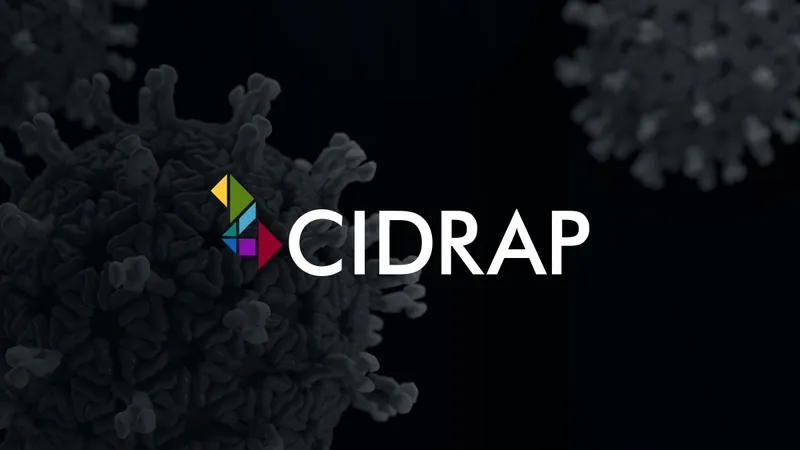
Breakthrough in Alzheimer's Research: Alzheon's ALZ-801 Shows Hope for Mild Cognitive Impairment Despite Setback in Mild Alzheimer's Disease
2025-04-02
Author: Nur
Summary of Findings from the APOLLOE4 Trial
Alzheon presented findings from its Phase III APOLLOE4 trial for ALZ-801 at the AD/PD 2025 International Conference. Despite not meeting its primary endpoint in the overall patient population, the trial showed significant promise among the MCI subgroup.
Mechanism of Action for ALZ-801
ALZ-801, also known as valiltramiprosate, is designed to inhibit the formation of neurotoxic amyloid beta oligomers, targeting early Alzheimer's disease, particularly in APOE4 homozygous individuals.
Efficacy in Mild Cognitive Impairment
In the MCI subgroup, patients showed a 52% improvement on the ADAS-Cog13 scale compared to placebo, with improvements visible as early as 13 weeks. The subgroup also saw notable advancements in DAD scores and other cognitive evaluations.
Brain Volume and Clinical Correlation
Significant benefits in brain volume, particularly reduced atrophy in hippocampal volume among the MCI cohort, correlated with clinical markers like ADAS-Cog13 and CDR-SB. This suggests potential for brain volume metrics as biomarkers.
Safety and Tolerability of Valiltramiprosate
Valiltramiprosate exhibited mild side effects, such as nausea and weight loss, and was well-tolerated. A number of participants expressed interest in a long-term extension study.
Future Directions and Market Potential
The future holds questions about regulatory approval for broader use or a focused approach on MCI. Projections indicate valiltramiprosate could see U.S. sales of approximately $663.3 million in the MCI segment by 2033.
Conclusion
Although the trial did not fully meet expectations, the targeted efficacy of valiltramiprosate in treating MCI patients represents a strong hope in Alzheimer’s research, for paving the way for safer treatment options for vulnerable populations.




 Brasil (PT)
Brasil (PT)
 Canada (EN)
Canada (EN)
 Chile (ES)
Chile (ES)
 Česko (CS)
Česko (CS)
 대한민국 (KO)
대한민국 (KO)
 España (ES)
España (ES)
 France (FR)
France (FR)
 Hong Kong (EN)
Hong Kong (EN)
 Italia (IT)
Italia (IT)
 日本 (JA)
日本 (JA)
 Magyarország (HU)
Magyarország (HU)
 Norge (NO)
Norge (NO)
 Polska (PL)
Polska (PL)
 Schweiz (DE)
Schweiz (DE)
 Singapore (EN)
Singapore (EN)
 Sverige (SV)
Sverige (SV)
 Suomi (FI)
Suomi (FI)
 Türkiye (TR)
Türkiye (TR)
 الإمارات العربية المتحدة (AR)
الإمارات العربية المتحدة (AR)